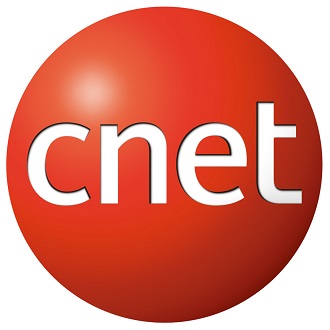Zynga is vastly undervalued

This post was also published on CNET and VentureBeat. Zynga's stock has been in a freefall since its initial public offering, and the tech pundits and press have been looking on with schadenfreude as it continues to drop. Zynga is now worth essentially nothing: Its market capitalization of $1.82 billion is roughly equal to the value of its cash and real estate holdings, even with this week's announcements of real money gambling and a $200 million stock buyback . How can a company that brings in $1.2 billion a year, and recently cut costs in order to achieve profitability, be worth nothing? It doesn't make sense. Here's why Zynga is undervalued -- provided it does the right thing next. Zynga is sitting on three widely known and popular potential gaming franchises: Farmville, Poker, and With Friends. Each of these titles is well-known, has broad distribution, and an audience at least willing to check out a new iteration on the franchise. For instance, Farmville 2 ...
